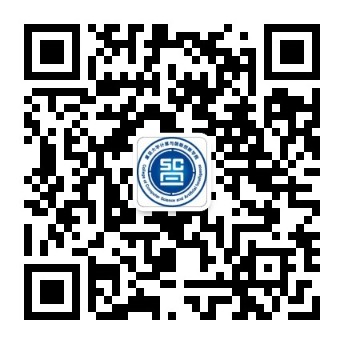Speaker:Tony Hoare, Principal http://iga.edu/engineering-assignment-help/ Researcher, Microsoft Research Cambridge. 1980 Turing Award Winner
Time: 2012 年 8 月 30 日 10:00-11:30
Venue: 张江校区软件楼 102 第二会议室
Contact:李吉萍 li_jp@fudan.edu.cn
Abstract:
This talk commemorates the Centenary of Alan Turing’s birth by giving a clear positive answer to this question. Turing was the inventor of the general-purpose stored-program digital computer. He proved that the machine was intelligent enough to simulate the execution of its own programs. He was also the inventor of the assertional method of program verification, which underlies human understanding of the computer’s programs. This has been the topic of my life’s academic research. Finally he designed a famous test by which a computer’s understanding can be judged in the same way as human understanding, by an appropriate kind of oral examination.. Like a human examinee, the computer must give sensible and useful answers to questions about its own programs. By this criterion, there is already considerable evidence that computers can understand the programs which control their behavior; I predict that this understanding can be developed until computers will even help the human software writer to design and write and test and certify the software which is so pervasive in the modern world.
Bio:
 Sir Charles Antony Richard Hoare (born 11 January 1934), commonly known as Tony Hoare or C. A. R. Hoare, is a British computer scientist best known for the development (in 1960, at age 26) of Quicksort, a well-known sorting algorithm. He also developed Hoare logic for verifying program correctness, and the formal language Communicating Sequential Processes (CSP) to specify the interactions of concurrent processes (including the dining philosophers problem) and the inspiration for the occam programming language. Tony Hoare received ACM Turing Award in 1980 and Harry H. Goode Memorial Award in 1981. In 1982 he was elected a Fellow of the Royal Society. In 2011, He received IEEE John von Neumann Medal award. Currently Tony Hoare is a principle researcher at Microsoft Research Cambridge. More at: http://en.wikipedia.org/wiki/Tony_Hoare and
Sir Charles Antony Richard Hoare (born 11 January 1934), commonly known as Tony Hoare or C. A. R. Hoare, is a British computer scientist best known for the development (in 1960, at age 26) of Quicksort, a well-known sorting algorithm. He also developed Hoare logic for verifying program correctness, and the formal language Communicating Sequential Processes (CSP) to specify the interactions of concurrent processes (including the dining philosophers problem) and the inspiration for the occam programming language. Tony Hoare received ACM Turing Award in 1980 and Harry H. Goode Memorial Award in 1981. In 1982 he was elected a Fellow of the Royal Society. In 2011, He received IEEE John von Neumann Medal award. Currently Tony Hoare is a principle researcher at Microsoft Research Cambridge. More at: http://en.wikipedia.org/wiki/Tony_Hoare and
Organized by: School of Computer Science, Fudan University
Microsoft Research Asia


